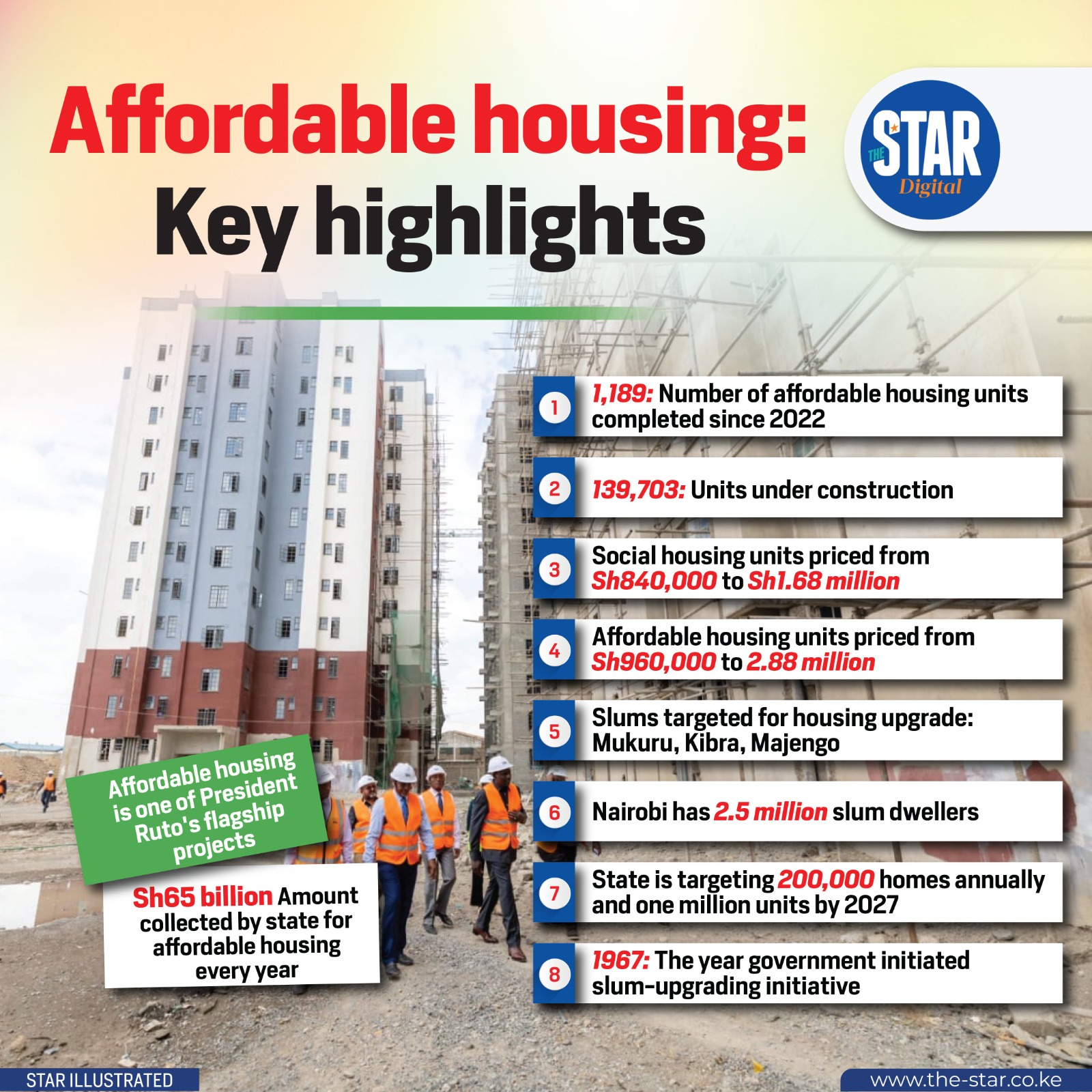In the vibrant Kenyan real estate market, whether you are a property owner or a tenant, understanding service charges is paramount. These charges, distinct from rent, cover the cost of maintaining common areas and providing shared services within a property or development. While they are a necessary component of urban living, service charges are frequently a source of confusion and disputes. As we move into 2025, clarity on service charge regulations, rights, and responsibilities is essential. This comprehensive guide aims to demystify service charges in Kenya, empowering both property owners and tenants with the knowledge they need.
1. What Exactly is a Service Charge in Kenya?
A service charge is a payment by a tenant or leaseholder to a landlord or management company for services provided to the property or common areas. These services can vary widely depending on the type and size of the development (e.g., apartments, gated communities, commercial buildings). Essentially, it's your contribution towards the upkeep, management, and smooth running of shared amenities and facilities.
Common items typically covered by service charges include:
- Security: Guards, CCTV maintenance, access control systems.
- Cleaning: Common areas like stairwells, lobbies, parking lots, gardens.
- Utilities for Common Areas: Electricity for lighting, water for shared facilities.
- Maintenance: Lifts, generators, swimming pools, gym equipment, landscaping, minor repairs to shared infrastructure.
- Waste Management: Collection and disposal of garbage.
- Management Fees: Costs associated with property management companies or resident associations overseeing the development.
- Insurance: Building insurance (though individual tenants usually pay for their contents insurance).
- Repairs: General repairs and maintenance of the structural elements and common parts of the building.
It's crucial to distinguish service charges from rent; rent pays for the use of the specific unit, while service charges cover the shared amenities and communal benefits.
2. Legal Framework and Agreements in 2025
In Kenya, service charges are primarily governed by the terms outlined in the lease agreement or tenancy agreement. There isn't a single, overarching legislation solely dedicated to service charges, but relevant laws include the Land Act, the Sectional Properties Act, and contract law principles.
Key legal aspects and best practices for 2025 include:
- Clarity in Agreements: Lease agreements should clearly define what services are covered by the service charge, how it's calculated, the payment schedule, and mechanisms for review. Vague clauses can lead to disputes.
- Reasonableness: Service charges must be "reasonably incurred" and for "reasonable services." Property owners/management companies cannot simply charge arbitrary amounts.
- Transparency and Accountability: Management companies or landlords should provide detailed breakdowns and audited accounts of how service charges are utilized. Tenants and property owners have a right to this information.
- Dispute Resolution: The agreement should ideally outline a process for resolving disputes, such as mediation or arbitration, before resorting to litigation.
Both parties should seek legal advice to understand their obligations and rights fully before signing any agreement.
3. What Property Owners Need to Know
If you own property within a managed development (e.g., apartment block, gated community), you are typically liable for service charges, either directly or through your tenants. Even if your tenant pays, you remain ultimately responsible if they default.
- Financial Planning: Factor service charges into your overall ownership costs. They are an ongoing expense.
- Reviewing Budgets: As a property owner, you have a right to review the annual service charge budget and audited accounts provided by the management company or resident association. Question any discrepancies or unexplained increases.
- Active Participation: Attend annual general meetings (AGMs) of the residents' association or management company. Your input is vital in approving budgets, electing management committees, and ensuring efficient property management.
- Impact on Value: Well-managed common areas and efficient service delivery enhance the desirability and value of your property. Conversely, poor management or excessive charges can deter potential buyers or tenants.
- Arrears: Unpaid service charges can accrue interest and, in severe cases, may lead to legal action, placing a lien on the property, or even foreclosure if persistent and substantial.
- Leasehold vs. Freehold: Service charges are most common in leasehold properties where common areas are shared. In freehold properties, the owner is typically responsible for all maintenance, unless part of a managed scheme with a specific agreement.
4. What Tenants Need to Know
As a tenant, service charges are usually a separate payment alongside your rent. Your understanding of them is crucial for protecting your interests:
- Clarity in Tenancy Agreement: Ensure your tenancy agreement clearly specifies the service charge amount, what it covers, and the payment frequency. Do not assume; ask for a detailed breakdown.
- "All-Inclusive" vs. Separate: Confirm if your advertised rent is "all-inclusive" of service charges or if it's a separate payment. Misunderstandings here are common.
- Right to Information: You have a right to request information on what your service charge is funding. If you feel charges are excessive or services are not being delivered, raise your concerns with your landlord or the property management.
- Value for Money: Assess if the services provided align with the charges. Are the common areas clean? Is security adequate? Are amenities well-maintained?
- Dispute Resolution: If a dispute arises, communicate formally in writing with your landlord or the management company. If unresolved, seek assistance from relevant bodies or legal counsel.
Conclusion: Navigating Service Charges for a Harmonious Property Experience
Service charges are an undeniable part of modern property management in Kenya. For both property owners and tenants in 2025, a clear understanding of these charges – their purpose, legal basis, and breakdown – is essential for a harmonious and fair property experience. Transparency, clear communication, and adherence to agreed-upon terms are key to minimizing disputes and ensuring that communal living spaces are well-maintained and enjoyable. By empowering yourself with this knowledge, you can confidently navigate the complexities of service charges, protecting your investment as a property owner and ensuring value for money as a tenant in Kenya's dynamic real estate market.




